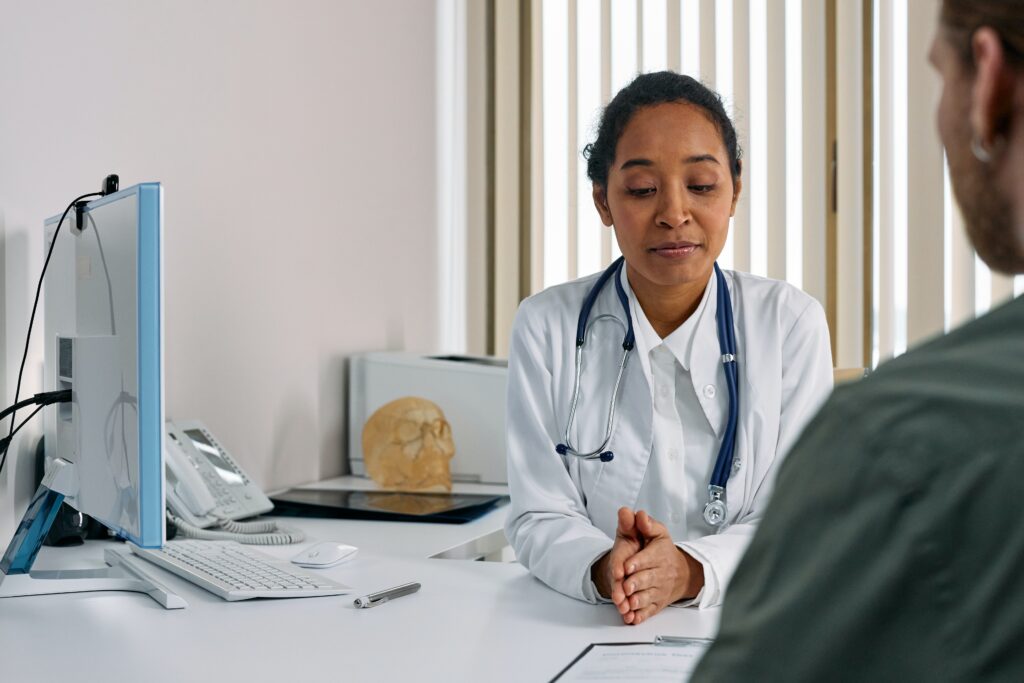Posted October 01st 2021
The turning point for me was when I unfortunately had a breakdown. At that point I was already with community mental health teams as I’d been diagnosed with anxiety and depression.
But even after that diagnosis I knew something wasn’t 100% with me.
I linked it back to when my wife had severe birth trauma and post-natal depression, and as a father that had an impact on my own mental health.

Getting professional help
That led me to speak to a psychiatrist where I told her everything about my life.
I then had to do a test for ADHD and she said, “Yeah Mark, you’ve got ADHD.”
And I was like, “ADHD? Oh… But young people…”
I went through denial and would start thinking things like, “Why wasn’t this picked up in school? Would my life be a little bit different?”
It’s like you’re going through this transition and you get angry thinking all sorts of things.
But you eventually come out the other side and think, “Well, if it wasn’t for the ADHD I wouldn’t be doing what I’m doing now. I wouldn’t have done all the things I’ve done.”
You rethink and you reframe in your mind, “Well, there are positives to ADHD now I know about it.”
Diagnosis was a breakthrough moment
It was a big relief for me that I could understand it, so I’d start educating myself about it and it gave me a lot of confidence to say, “Well, of course, that’s why I was behaving in those ways.”
Knowing I have ADHD and then working with people who were helping me, like Zoe Piper, made a huge difference.

Research for future generations
Mental health research is so important not just for this generation, but generations to come, so we can treat disorders.
Research is good on a policy level, too, so we have the evidence then of why we need to put early preventions in place.
It’s very important that we keep this research up for the future.
Getting help
So, my advice to you or someone you know who suspects they might have ADHD is to get in contact with the ADHD Foundation who can signpost you to the right place, and to speak to your doctor.
📺 Watch our full ADHD Q&A with Mark on our YouTube channel.
Resources
- NCMH leaflet | Attention Deficit Hyperactivity Disorder (ADHD)
Read more
- NCMH blog | Let’s talk about ADHD
- NCMH blog | It’s time to talk about reducing the stigma around ADHD
- NCMH blog | Ten things you didn’t know about ADHD
- NCMH | What is ADHD?
Sign up now and receive new blog posts to your inbox.
